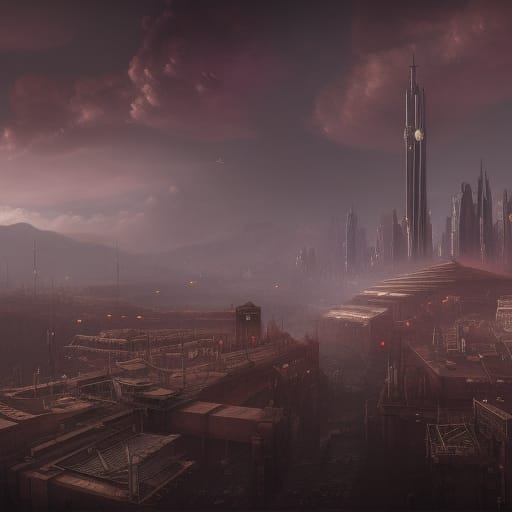
One of the main reasons why fascism is bad is that it is fundamentally opposed to the values of democracy, freedom, and equality. Under a fascist regime, individual rights and freedoms are often suppressed in favor of the interests of the state. This can result in widespread human rights abuses, such as the persecution of minority groups, the suppression of free speech, and the use of violence and intimidation to maintain control.
Another reason why fascism is bad is that it is inherently aggressive and militaristic. Fascists often glorify violence and aggression as a means of achieving their goals, and they often seek to expand their territory through military conquest. This can lead to a cycle of violence and conflict that can cause great suffering and destruction, both within the country and beyond its borders.
In addition to being oppressive and aggressive, fascism is also often characterized by a cult of personality that revolves around a single leader. This leader is often depicted as a strong, heroic figure who is above criticism, and anyone who dares to challenge or criticize him is often met with severe punishment. This cult of personality can be dangerous, as it can lead to a lack of accountability and a lack of checks and balances on the actions of the leader.
Fascism also often involves a strict control of the economy and society. This can result in the suppression of entrepreneurship and innovation, as the state seeks to control all aspects of economic and social life. This can lead to stagnation and a lack of progress, as the state is not held accountable to the needs and desires of the people.
Overall, fascism is a deeply destructive and dangerous ideology that is fundamentally opposed to the values of freedom, democracy, and equality. It is characterized by aggression, oppression, and strict control, and it has caused immense suffering and destruction throughout history.

What are 5 examples of fascism in history?
- Nazi Germany: Adolf Hitler and the Nazi Party came to power in Germany in 1933, following the collapse of the Weimar Republic. Hitler implemented a fascist regime that was characterized by a strong national identity, aggressive militarism, and strict controls on the economy and society. The Nazi regime is infamous for its persecution of minority groups, particularly the Jews, as well as for its aggressive expansionist policies that led to World War II.
- Fascist Italy: Benito Mussolini and the National Fascist Party came to power in Italy in 1922, following a series of political and economic crises. Mussolini implemented a fascist regime that was characterized by a strong emphasis on national pride and military power, as well as strict controls on the economy and society. The Fascist government is remembered for its aggressive expansionist policies, including its invasion of Ethiopia in 1935, and for its alliance with Nazi Germany during World War II.
- Francoist Spain: General Francisco Franco and the Nationalist Party came to power in Spain following the Spanish Civil War in 1939. Franco implemented a fascist regime that was characterized by strict control of the economy and society, as well as a strong emphasis on traditional values and the Catholic Church. The Francoist regime is remembered for its widespread human rights abuses, including the suppression of political opposition and the persecution of minority groups.
- Salazarist Portugal: Antonio de Oliveira Salazar and the National Union came to power in Portugal in 1932, following a military coup. Salazar implemented a fascist regime that was characterized by strict control of the economy and society, as well as a strong emphasis on national pride and traditional values. The Salazarist regime is remembered for its widespread human rights abuses, including the suppression of political opposition and the censorship of the media.
- Perónist Argentina: Juan Perón and the Justicialist Party came to power in Argentina in 1946, following a series of economic and political crises. Perón implemented a fascist regime that was characterized by a strong emphasis on national pride and the protection of workers’ rights, as well as strict controls on the economy and society. The Perónist regime is remembered for its widespread human rights abuses, including the suppression of political opposition and the persecution of minority groups.